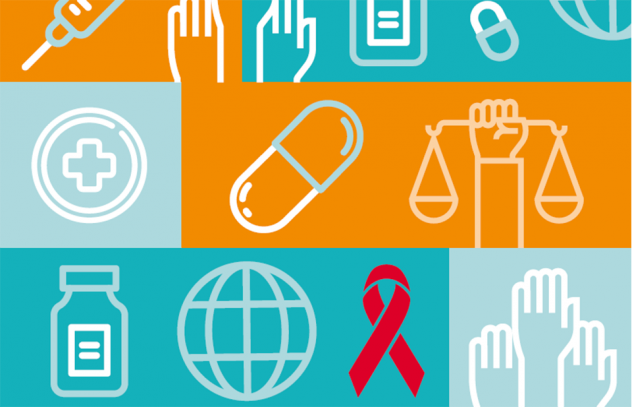
Promises to improve health outcomes for people who inject drugs remain unfulfilled as 99% do not have adequate access to HIV and harm reduction services

New report by UNAIDS highlights the urgent need to implement a human rights and evidence- informed approach to reach people who inject drugs with essential health services
GENEVA, 13 March 2019—A report released today by UNAIDS shows that despite a decline in new HIV infections globally, HIV incidence is not declining among people who inject drugs (1.4% worldwide in 2017). The report also shows that 99% of people who inject drugs live in countries that do not provide adequate harm reduction service coverage.
“UNAIDS is greatly concerned about the lack of progress for people who inject drugs, which is due to the failure of many countries to implement evidence-informed, human rights-based approaches to drug use,” said Michel Sidibé, Executive Director of UNAIDS. “By putting people at the centre and ensuring that they have access to health and social services with dignity and without discrimination or criminalization, lives can be saved and new HIV infections drastically reduced.”
The new UNAIDS report, Health, rights and drugs: harm reduction, decriminalization and zero discrimination for people who use drugs, shows that of the 10.6 million people who inject drugs in 2016, more than half were living with hepatitis C and one in eight were living with HIV. It outlines that ensuring that comprehensive harm reduction services are available—including needle–syringe programmes, drug dependence treatment and HIV testing and treatment—will kick-start progress on stopping new HIV infections among people who use drugs.
“In the process of transition from donor to national funding, harm reduction and opioid substitution therapy programmes are the first at the risk of discontinuation. In Kazakhstan in 2018, we managed to preserve the national opioid substitution therapy programme largely due to the fact that clients initiated a campaign against opioid substitution therapy closure . . . and the Kazakhstan government took these arguments into consideration, so the curtailment order was cancelled. By the beginning of 2019, the enrolment of new clients for the opioid substitution therapy programme had started.” – Oxana Ibragimova, Steering Committee member, EHRA, Representative of Central Asia, Kazakhstan Network of People Living With HIV)
